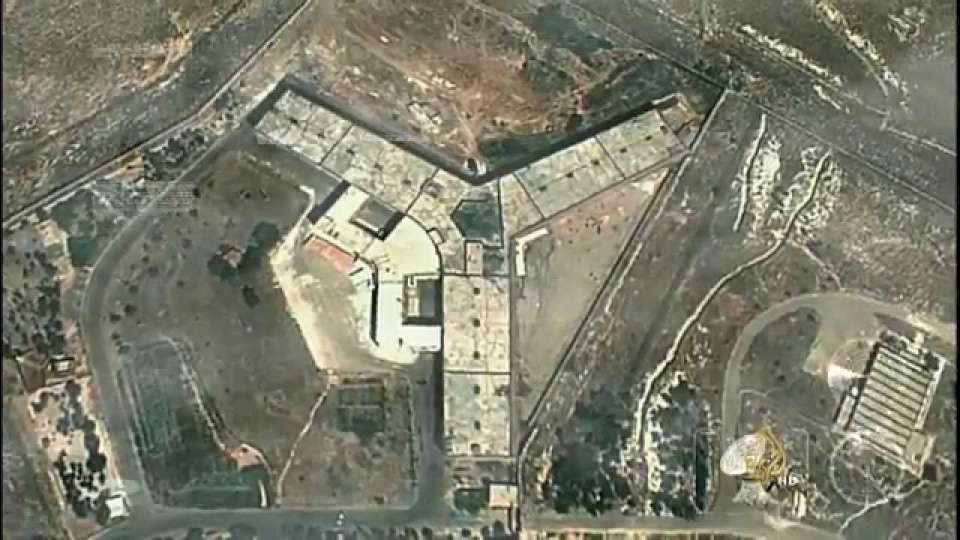
The Launch of a Virtual Museum in Damascus Documenting the Memory of Prisons in Syria
SadaNews - A virtual museum documenting Syria's prisons and the suffering endured by detainees during the Assad family's rule has been launched at the National Museum in Damascus, showcasing images, testimonies, and 3D technologies. This symbolic step aims to preserve collective memory and support the path toward transitional justice.
Project founder Amer Matar stated on the sidelines of the launch ceremony, "The museum seeks to preserve the dark Syrian memory associated with violence, killings, and prisons, with most Syrians having experienced detention either themselves or through their family members."
The project, prepared by a group of journalists and filmmakers from the "Street Media Foundation", features field documentation and testimonies from survivors and families of the missing, alongside a digital archive that reconstructs scenes from within the prisons.
According to estimates from the Syrian Observatory for Human Rights, more than two million Syrians have experienced imprisonment under the Assad family's rule, with half of them detained following the outbreak of peaceful protests in 2011, which were violently suppressed by the authorities and sparked the conflict in the country.
More than 200,000 people are reported to have died in prisons, including those who were executed, while others perished under torture, according to the Observatory.
The project began in 2017 to document the prisons of the Islamic State. Following the ousting of Bashar al-Assad in December last year, those behind the project hastened to transfer their experience to document the prisons of the Syrian regime, working in collaboration with Syrian and international organizations specialized in the issues of the missing and criminal justice.
Matar explained to Agence France-Presse, "We feared that these prisons would be destroyed before being documented, and we have managed so far to enter 70 prisons."
The museum offers 3D virtual tours inside the documented prisons, along with testimonies from former prisoners about their experiences, as well as studies, research, and investigative reports related to the file of prisons and detention centers.
According to the organizers, the museum aims to "honor the victims, amplify the voices of survivors, and prepare evidence files to hold perpetrators accountable and achieve justice".
Matar added, "The museum attempts to build a living digital archive".
Syria, during the presidencies of former leaders Hafez and Bashar al-Assad, saw the establishment of a vast network of prisons and detention facilities that have become symbols of repression, notably the Saydnaya Prison north of Damascus, which human rights organizations have described as a "human slaughterhouse" due to the documented torture and executions that occurred inside. These prisons have served for decades as tools for intimidating opponents and silencing dissenting voices.
In May 2025, the National Authority for Missing Persons and the National Authority for Transitional Justice were established under two presidential decrees to investigate the fate of the missing and document violations, in a step described as preliminary but insufficient to meet the demands of victims' families and human rights organizations.
Despite the establishment of these bodies, civil and human rights activists believe that the path toward transitional justice in Syria remains long, facing challenges related to expanding accountability to include all parties to the conflict, ensuring the independence of investigations, securing evidence, and protecting witnesses. International organizations assert that actual accountability for widespread violations requires years of work and extensive international support.
Source: AFP

Developments in the Health Condition of Actress Susan Badr

How Artificial Intelligence Steals Our Faces and Our Money?

Interesting Statistics Reveal the Secret of Barcelona's Offensive Strength

7 Snacks That Give You More Energy Than Coffee

"SpaceX" Seeks Approval to Launch One Million Solar-Powered Data Center Satellites

Small Habits That Indicate the Strength of Your Character

"Google" Launches AI Tool to Understand Disease-Causing Genetic Mutations

